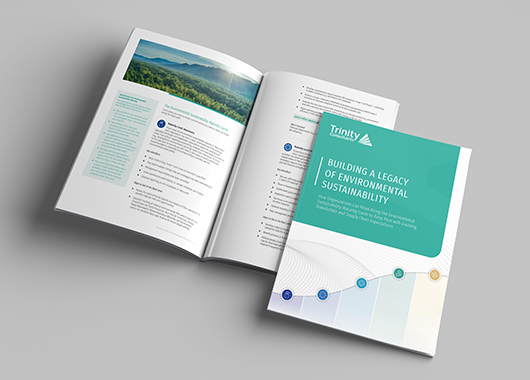Sustainability Blog Series: A Four-Part Series on Trinity/Verdantix Research
Dive into our blog series that unveils pivotal insights from the Trinity/Verdantix sustainability study. Explore the pressing challenges and transformative moments the construction materials industry and other hard-to-abate sectors face in their quest for decarbonization.
Crafting Your Climate Strategy: A Four-Part Blog Series
Embark on a journey through our four-part blog series, where we break down the essential steps for devising an effective decarbonization strategy for your company. Unlock the roadmap to a sustainable future.

What You Need to Know When Developing a GHG Inventory
In the era of climate change and sustainability, understanding and managing your GHG emissions is not just a "nice-to-have" - it's a necessity.

How to Set GHG Targets
Setting GHG targets isn't just about ticking boxes. It's a powerful tool to steer your organization toward climate change awareness, sustainability, and enhanced ESG performance.

How to Assess and Mitigate EJ Exposure
With environmental justice (EJ) emerging as a regulatory compliance issue, companies are increasingly looking for ways to ensure that their ESG strategies include their impacts on vulnerable communities.

How to Develop a Decarbonization Strategy
We delve into the complexities and guide you through the challenges that lie ahead in our collective journey towards a greener future.
Shaping Sustainability: Our Comprehensive Engagement Framework
Experience our transformative approach to sustainability. Through data-driven objectivity, transparent practices, and a commitment to accuracy, we ensure a clear and trustworthy path forward. Eliminate the guesswork and embark on a journey crafted for tangible environmental impact.

We analyze emission sources to identify the critical operational levers.
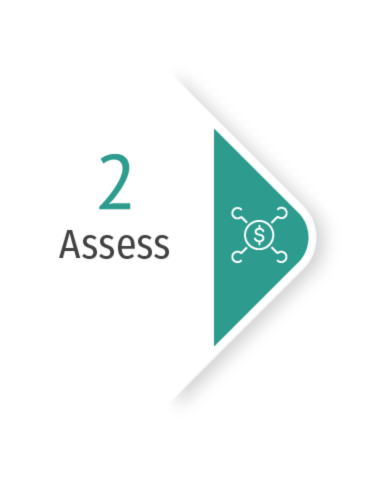
We ask the right questions, challenge assumptions, and identify risks.

We break the knowledge barrier and clarify the options available.
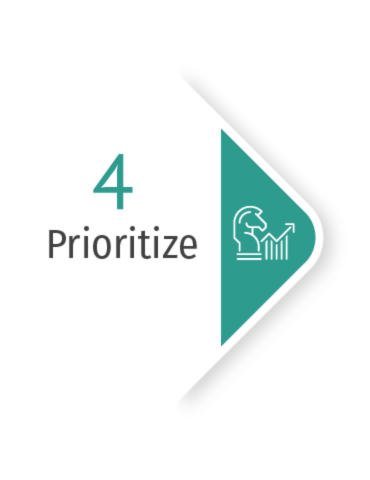
We arm you with a roadmap to decarbonization with your capital budget in mind.
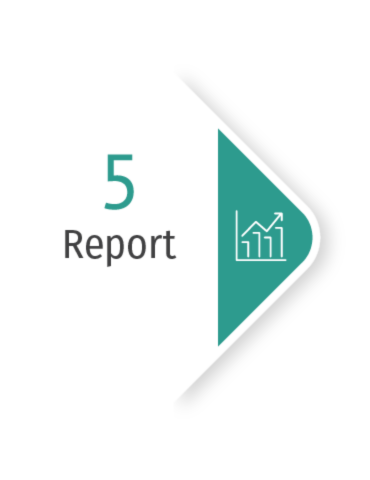
We help curate accurate, comparable, investor-grade information.
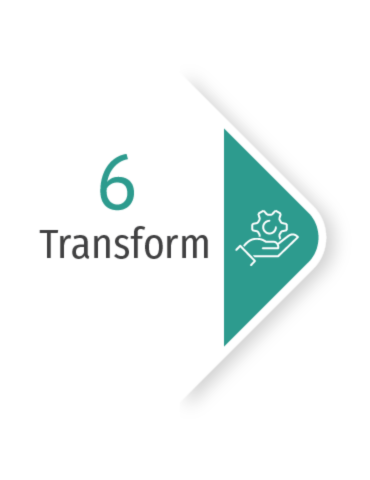
We bridge the gap between your current operations and future plans.

Navigating California SB 253 & SB 261
Need SB 253 and SB 261 support? Trinity Consultants is adept at preparing (and providing assurance for) Scopes 1–3 emissions and climate-related financial risk documentation to meet deadlines with confidence.
Timelines at a glance:
- Now–Q4 2025: Applicability, governance, data design, and first-draft SB 261 report.
- Dec 1, 2025: CARB opens docket for SB 261 public reports.
- Jan 1, 2026: Deadline to publish first SB 261 climate-risk report.
- By Jun 30, 2026 (proposed): Submit SB 253 Scope 1–2 (FY2025).
- 2027: Scope 3 disclosures begin (FY2026).
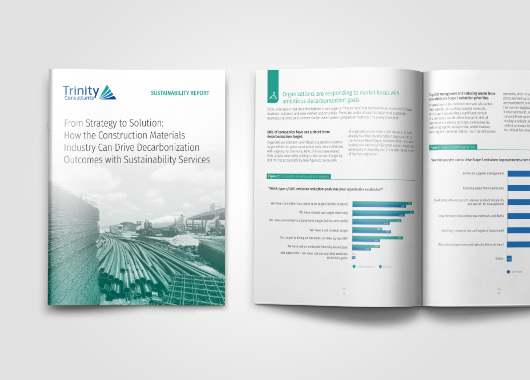
Trinity/Verdantix Sustainability Report
Discover the latest sustainability trends with the newly commissioned research by Trinity Consultants. Crafted by the esteemed independent firm Verdantix, this report offers an in-depth look at the construction materials industry, shedding light on its challenges, goals, and the strategies essential for impactful decarbonization.
Sustainability in Action: Case Studies from the Field
Explore our compelling case studies, reflecting our impactful collaborations with industry leaders across diverse sectors. Through innovative strategies that pave the way for short- and long-term sustainability achievements, witness firsthand how our meticulous approach brings sustainability programs to fruition.
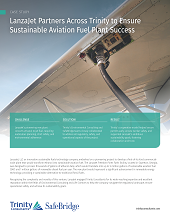
LanzaJet's pioneering project to develop a first-of-its kind plant to transform ethanol into sustainable aviation fuel.
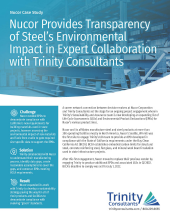
“Nucor loves working with Trinity. We are prioritizing equipment upgrades and energy consumption optimization.”
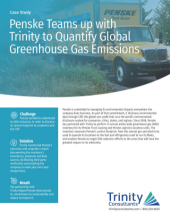
Penske wanted to understand its GHG emissions in order to disclose its carbon footprint to customers and the CDP.
